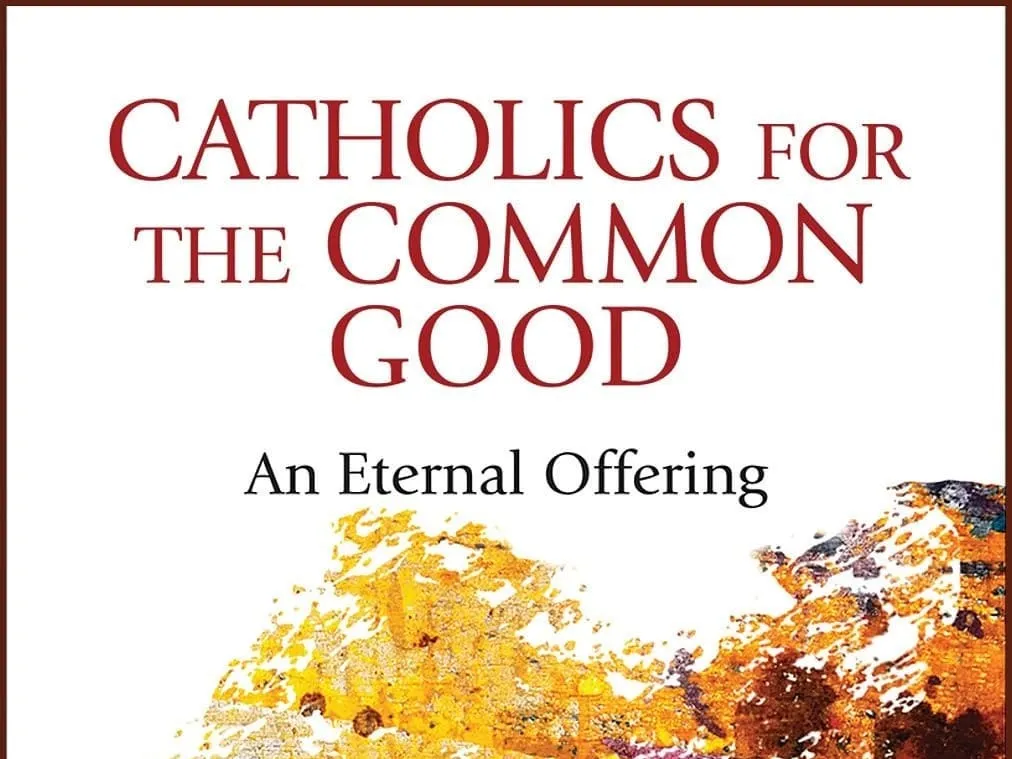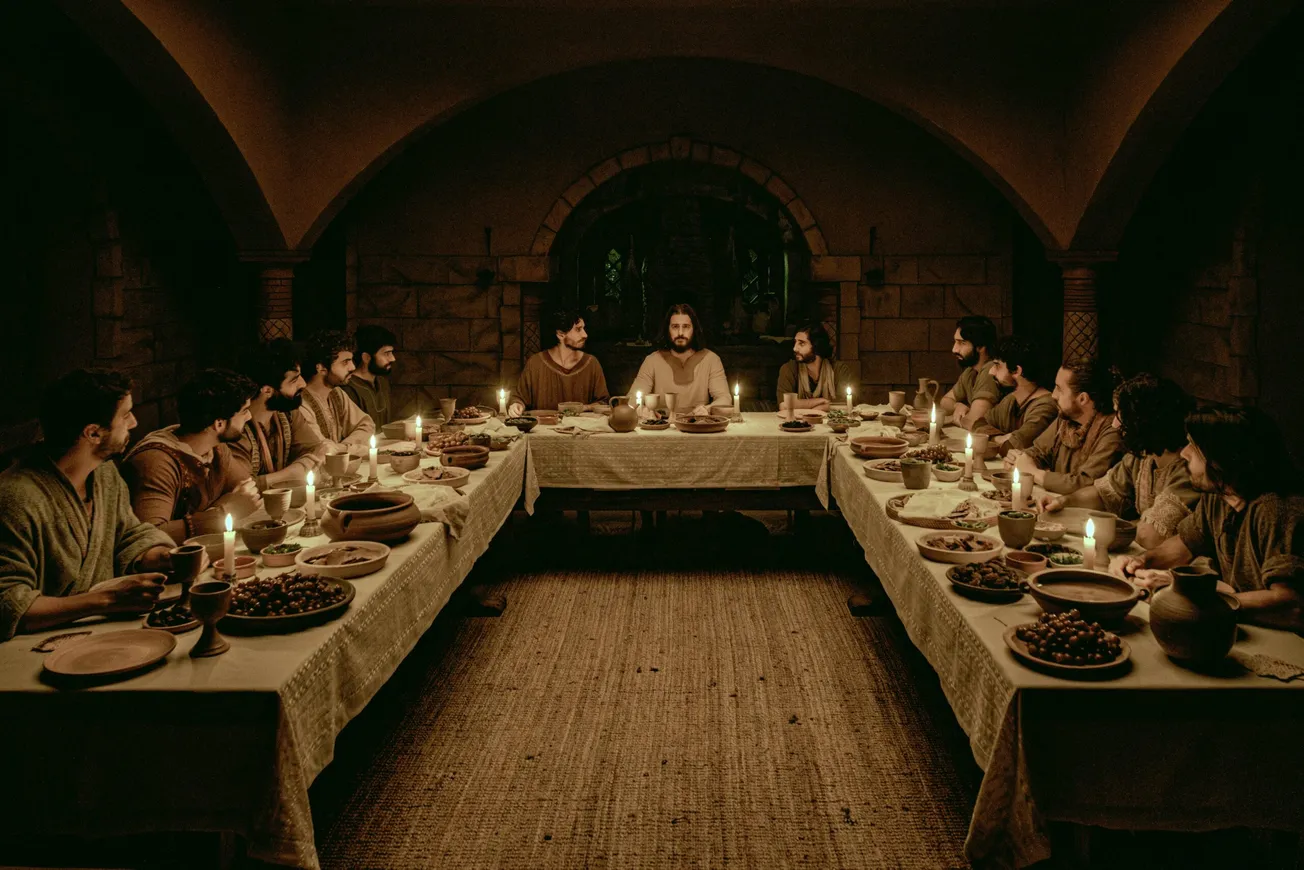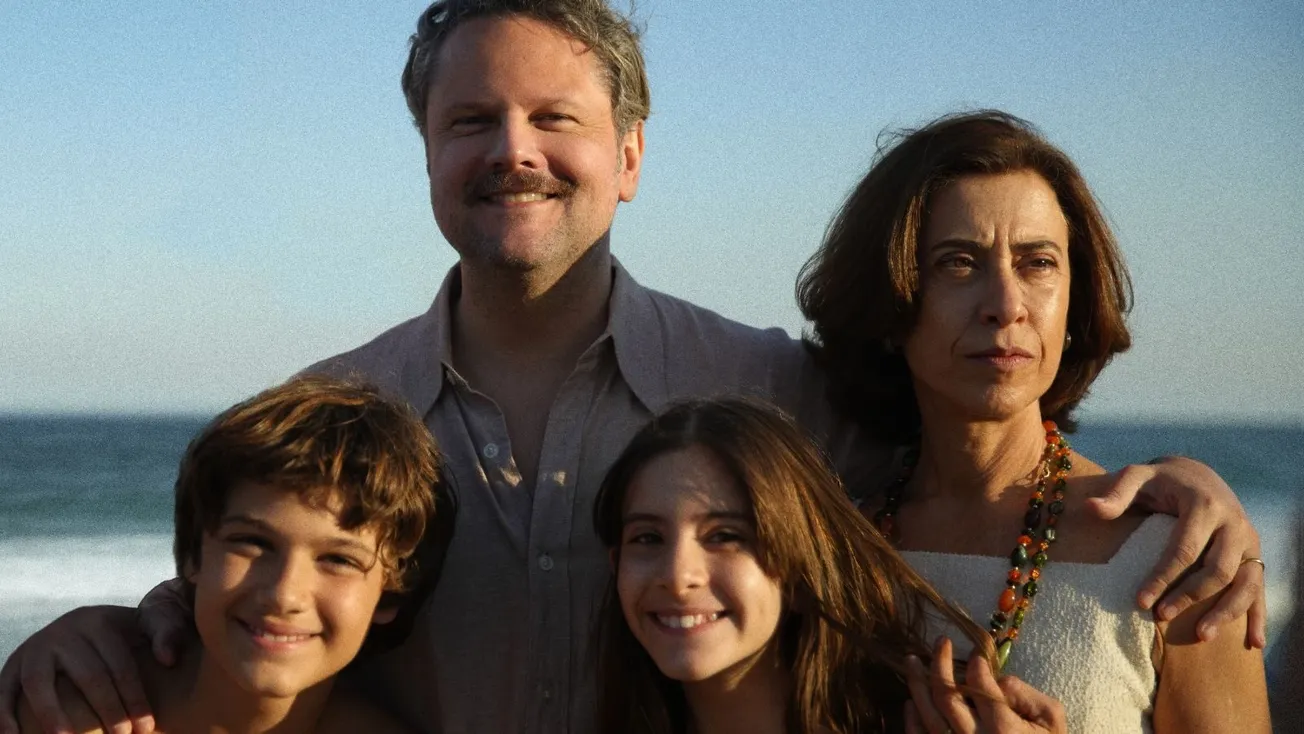One important, though unheralded, name in the environmental justice space is John H. “Planetwalker” Francis III, who traversed the country on foot to raise awareness following the 1971 San Francisco Bay oil spill.
I had never heard of Francis—excuse me: Dr. Francis—before this weekend’s AmDocs Film Festival in Palm Springs, where a short documentary on his life, “A Symphony of Tiny Lights,” screened during a session featuring out-of-the-box biographical works.
I had also never heard of the Bay Area oil spill itself, despite living in the area and having some knowledge of the eco-justice scene. The disaster was but a brief portion of the 27-minute film from co-directors Dominic and Nadia Gill, winding in a way fitting of a man who for so long walked his way into headlines and hearts, refusing to travel by fuel-powered methods for decades after the tragedy.
The movie first guides viewers deftly through Francis’ early life in Philadelphia, where a Black family of mixed origins (Antigua and the Deep South) nurtured a child whose precocious attraction to the earth would bring him strange fame under stranger circumstances.
Though it was not mentioned in the film, Francis apparently had Catholic roots, attending an archdiocesan high school and once considering a vocation to religious life as a Trappist monk. He writes in his autobiography that he was dissuaded by the order’s mandatory vow of silence.
All the more ironic that, as told in the documentary, Francis would later spend 17 years in silence as he walked the planet after the 1971 oil spill, beginning in Northern California and later spanning the mainland United States and beyond. The scenes depicting his idiosyncratic form of sign language were captivating, as was the idea of him attending college while he trekked, eventually earning a doctorate in land resources at the age of 45 with a dissertation on oil spills.
Francis would go on to assist the U.S. Coast Guard with their response to the Exxon Valdez oil spill in 1989, walking to Washington from his native Philadelphia. His clear significance in the movement brought to mind Black Catholic environmentalists throughout history, including the mother of the eco-justice movement, Hazel M. Johnson, and modern figures like Sharon Lavigne.
Somehow, our people find their way to the forefront of the fight for what’s right—even if they are not fully recognized in their own day.
As for “A Symphony of Tiny Lights,” which like much good art aims in some ways to correct the record, I will say this: A documentary short requires a delicate touch, as certain elements the audience can expect will not be included while others must be present in order to bring about the proper cinematic effect. These include a compelling subject, solid editing, appropriate runtime, and the unique flair that makes the story stand out—especially when presented alongside a series of other films in quick succession, as at AmDocs.
Suffice it to say that “A Symphony of Tiny Lights” accomplished its mission, championing Francis while succinctly noting his presence in the right places at the right times doing the right thing—however misunderstood.
One surefire marker of the short doc’s success was that upon its conclusion, I felt as though I had watched a feature-length film despite the fact that it was scarcely half an hour. Either way, it was theater time very well spent.
Nate Tinner-Williams is co-founder and editor of Black Catholic Messenger.










